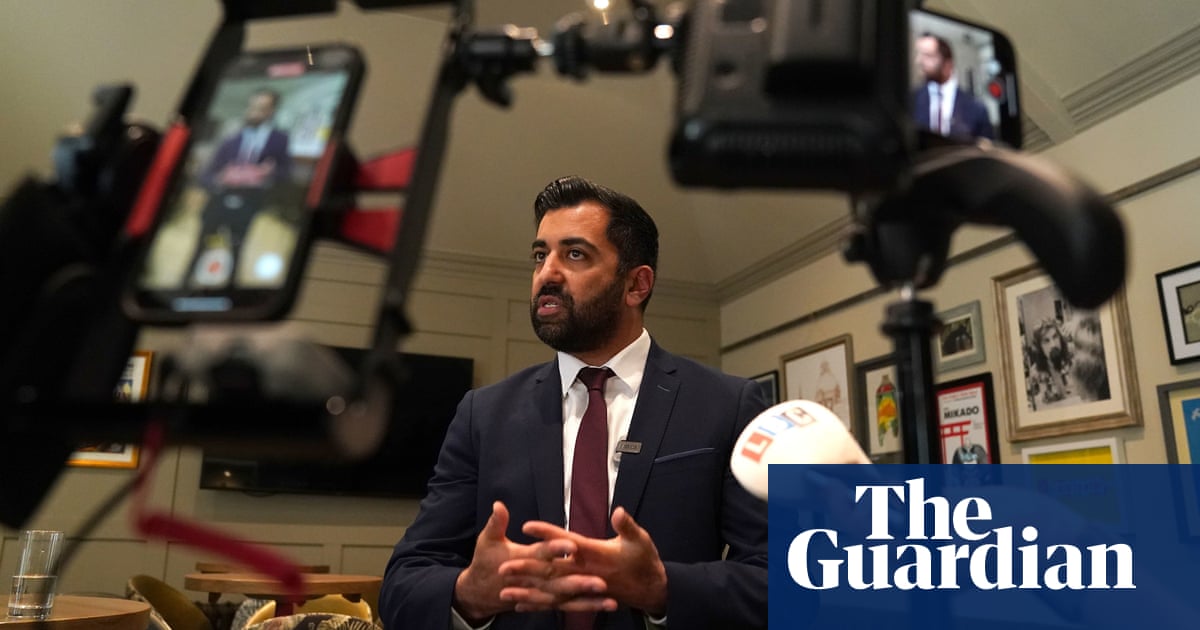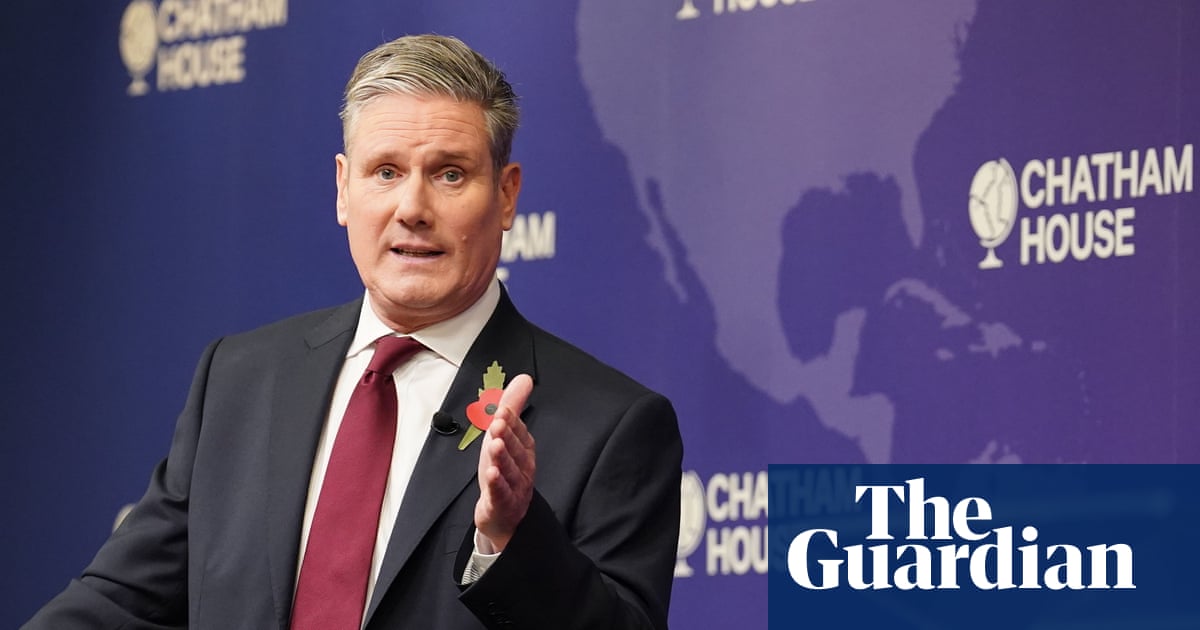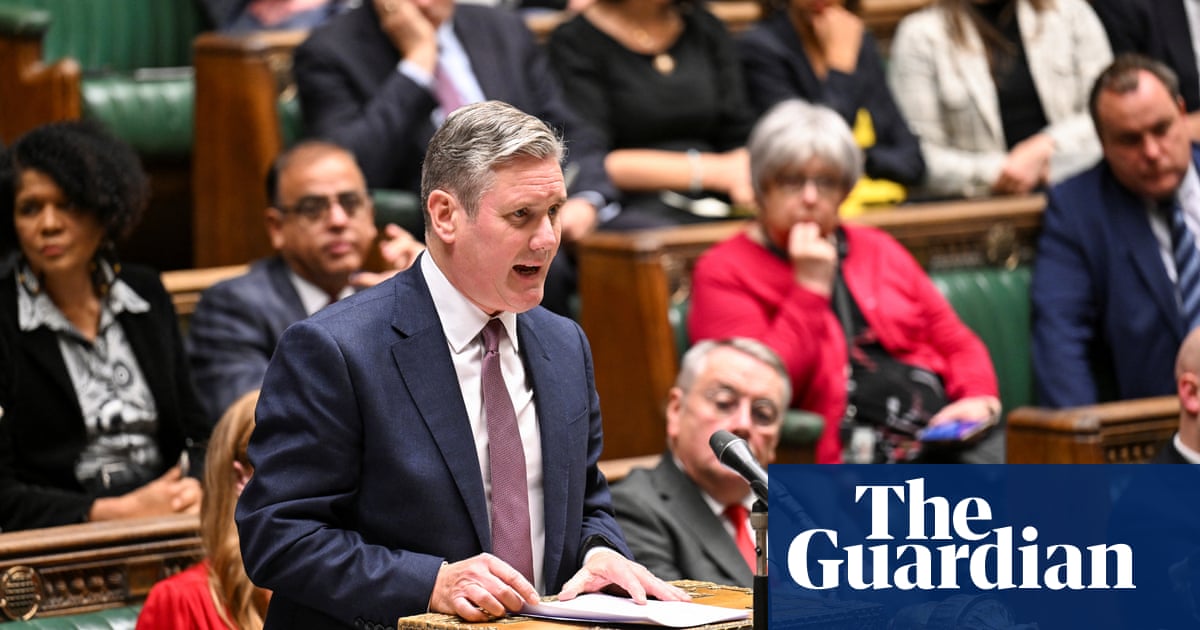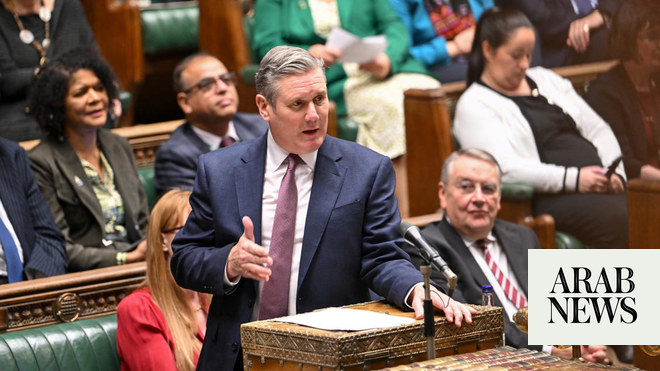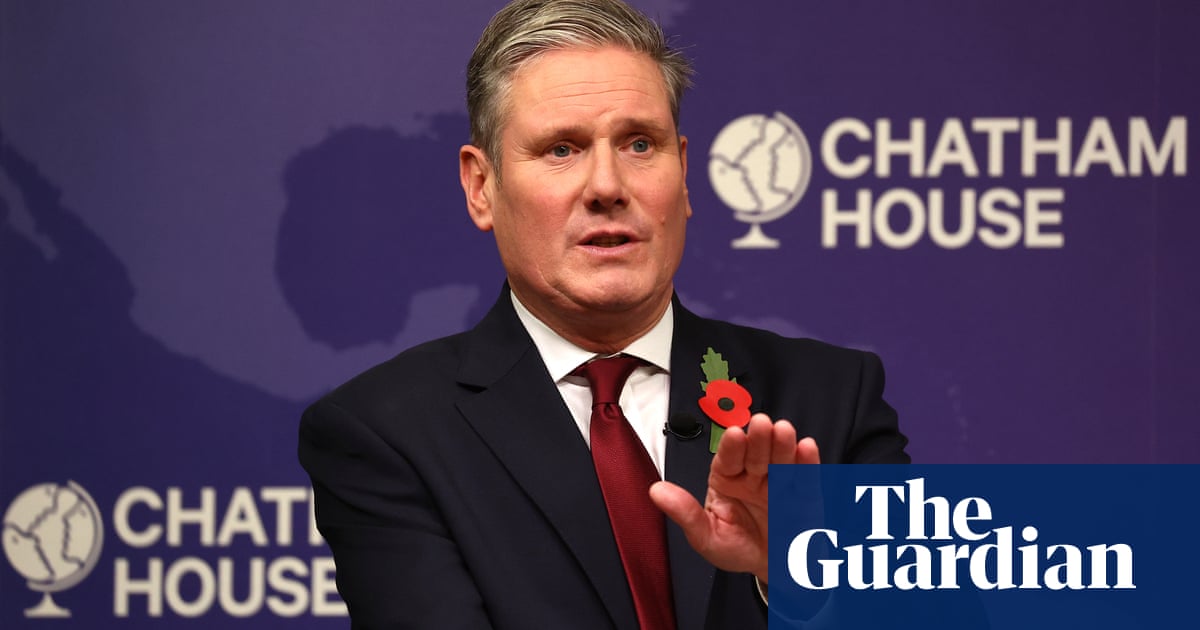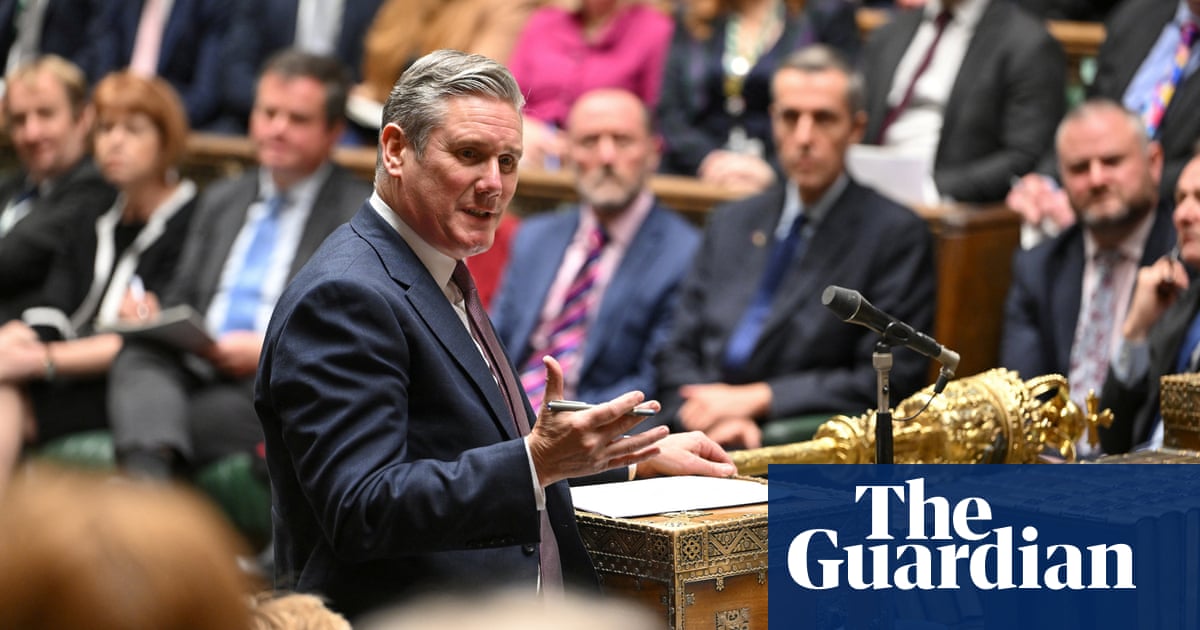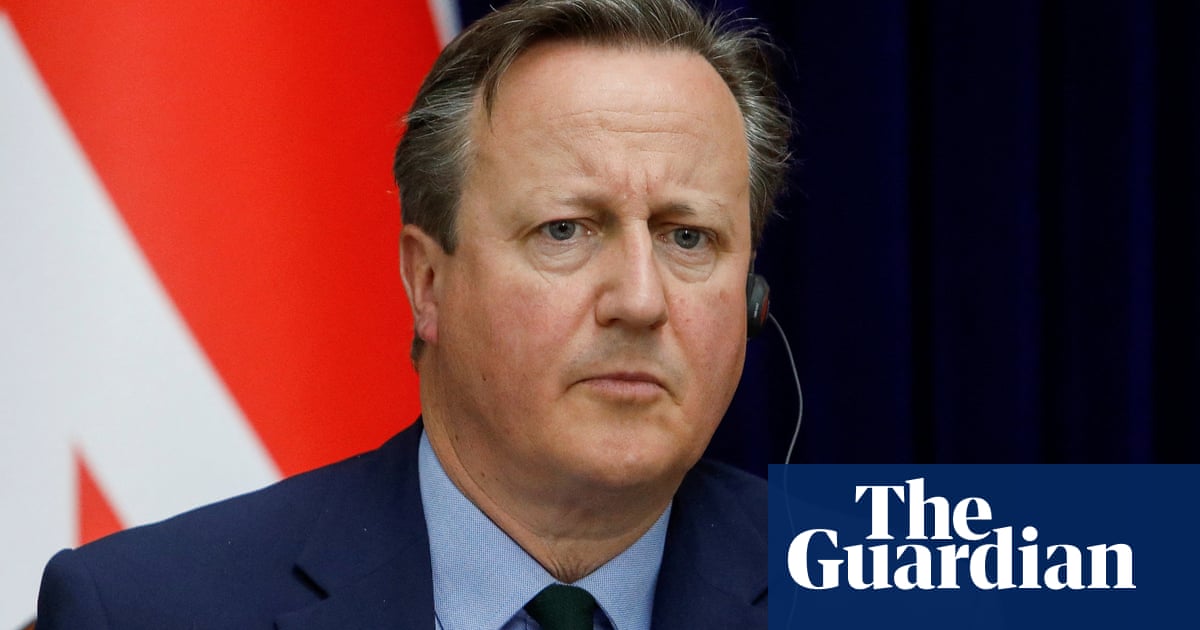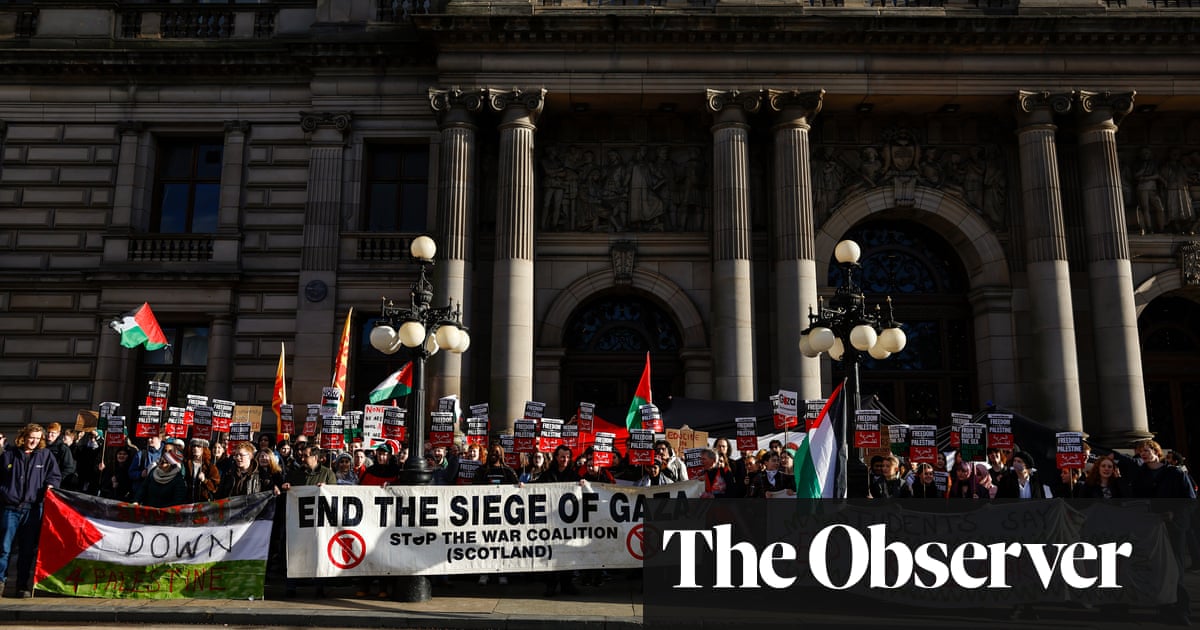
Labour is hoping to defuse a fresh crisis over Keir Starmer’s cautious stance on Gaza by rewording a Scottish National party motion calling for an immediate ceasefire.
With the support of Scotland’s first minister, Humza Yousaf, the SNP will table a motion to be debated in the Commons on Wednesday, which intends to challenge Starmer by calling for an immediate end to the violence.
Labour is desperate to avoid a repeat of last November’s sizeable rebellion by MPs over Starmer’s stance, which saw 56 Labour MPs back a similar SNP motion and three shadow spokespeople resign.
In an attempt to crank up the pressure on Starmer, Stephen Flynn, the SNP’s Westminster leader, published an open letter to Labour backbenchers urging them to back their fresh motion.
“For more than four months, the UK has followed the strategy of equivocation supported by Rishi Sunak and Sir Keir Starmer,” Flynn’s letter stated. “The devastation shows it hasn’t worked. The time for equivocation is over.”
He released it as Scottish Labour’s leader, Anas Sarwar, who has previously been highly critical of Starmer’s early caution, endorsed a motion at the party’s annual conference in Glasgow on Saturday that explicitly called for an immediate ceasefire on both sides.
Speaking to delegates on Friday, Sarwar said he believed the “fighting must stop”, adding: “That means an immediate ceasefire with an end to rocket fire going in to, and coming out of, Gaza right now.
“It means the immediate release of hostages; immediate access to humanitarian aid [and] crucially, immediate efforts by world leaders to forge a path to an enduring peace and a two-state solution.”
Starmer has repeatedly avoided using the word “immediate” and has instead called for a “sustainable” ceasefire, perhaps to avoid the risk that Hamas and its Islamist allies in Gaza will fail to adhere to it, leaving Labour to appear naive.
Yet he has edged closer to Sarwar’s position recently. In an interview with Sky on the sidelines of the Munich security conference on Saturday, Starmer confirmed his aides were studying the SNP motion to see if a deal could be struck.
“We’ll have to look at the precise wording. But I’m very clear that we all want a ceasefire. The question therefore is how do we get there?”
With pro-Palestinian campaigners protesting outside the conference venue, Sarwar told reporters in Glasgow there was little difference between Labour and the SNP, or between him and Starmer, over the need for an urgent end to the violence. He said Labour whips and Ian Murray, the shadow Scottish secretary, wanted talks with Flynn in an effort to draft a motion Labour could endorse.
“It looks like a pretty decent motion,” Sarwar said. “If we can send a unified message from the UK parliament then we should take that opportunity and I hope people will engage in good faith in trying to find that unified position.
“In the end, that is more important than two political parties having a go at each other when in actual fact what matters is the people living in Israel and Palestine who are fearing for their lives.”
Yousaf said the onus was on Labour to make its position on Gaza clear. “The real proof of the pudding will be what UK Labour chooses to do when the SNP brings a vote for a ceasefire once again to the House of Commons,” he said.
One Scottish Labour councillor was cheered by delegates when he said the conference “demanded” that Scottish Labour’s two MPs back the ceasefire motion next week.
Pauline McNeill, one of Sarwar’s allies and his justice spokesperson at Holyrood, said fighting for an independent Palestinian state was “the moral question of our time. Labour must not only call for the two-state solution, we must fight for the two-state solution.”





